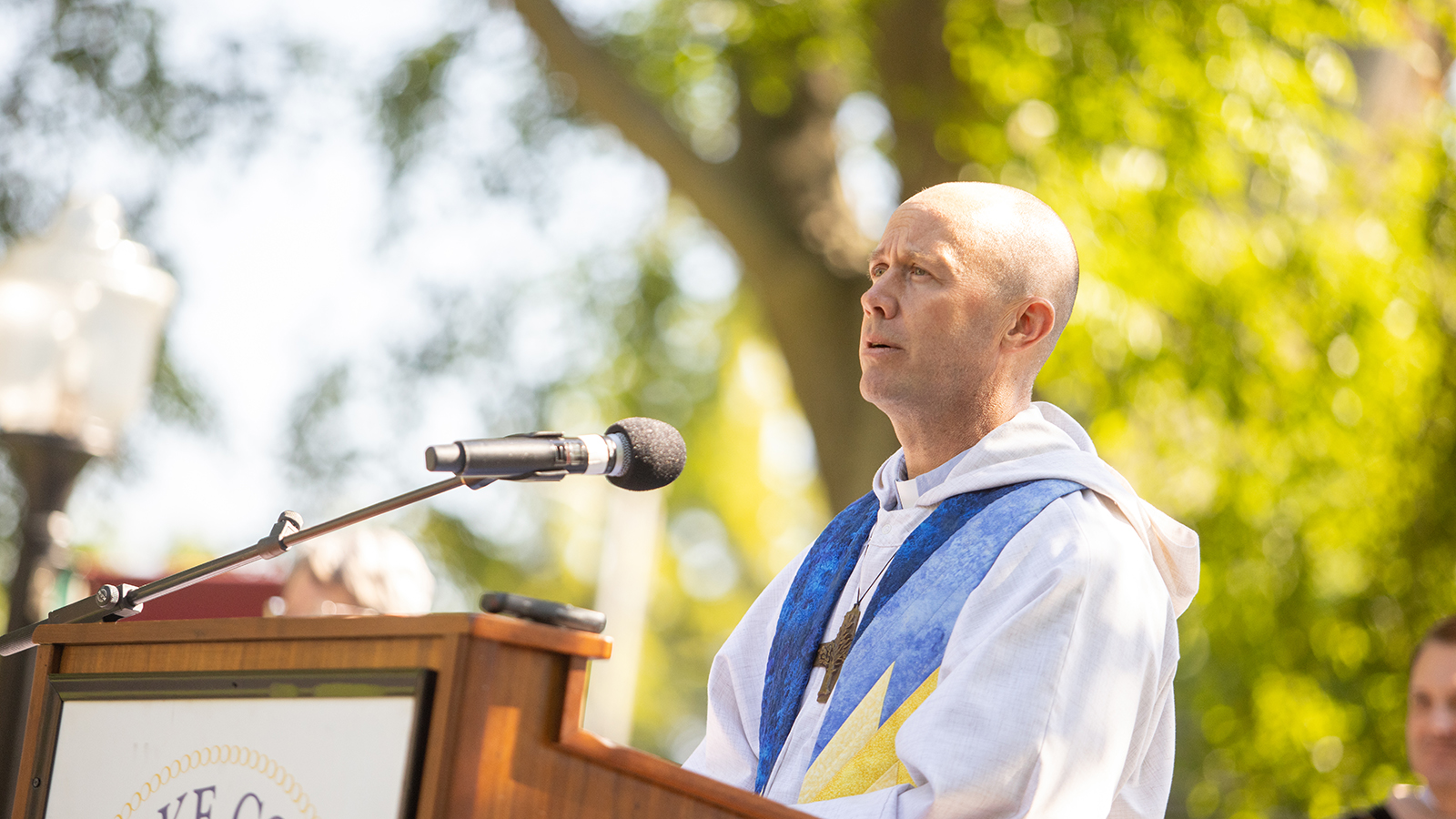Pre-Ministry
Available as a pre-professional advising track
The most important requirement for students heading to seminary or graduate study in religion is a well-rounded education. The general education curriculum at Roanoke College provides that.

Available as a pre-professional advising track
The most important requirement for students heading to seminary or graduate study in religion is a well-rounded education. The general education curriculum at Roanoke College provides that.
